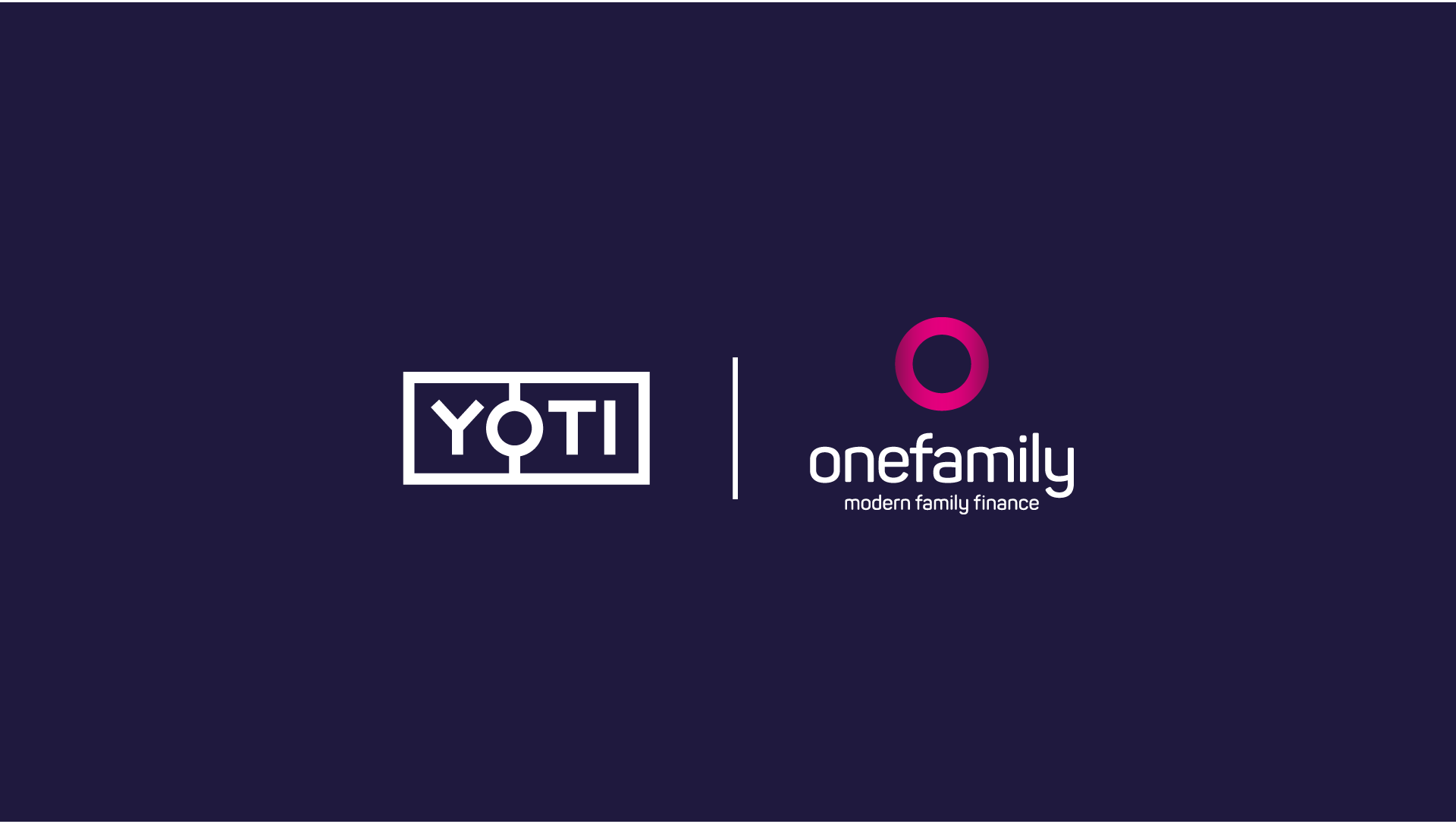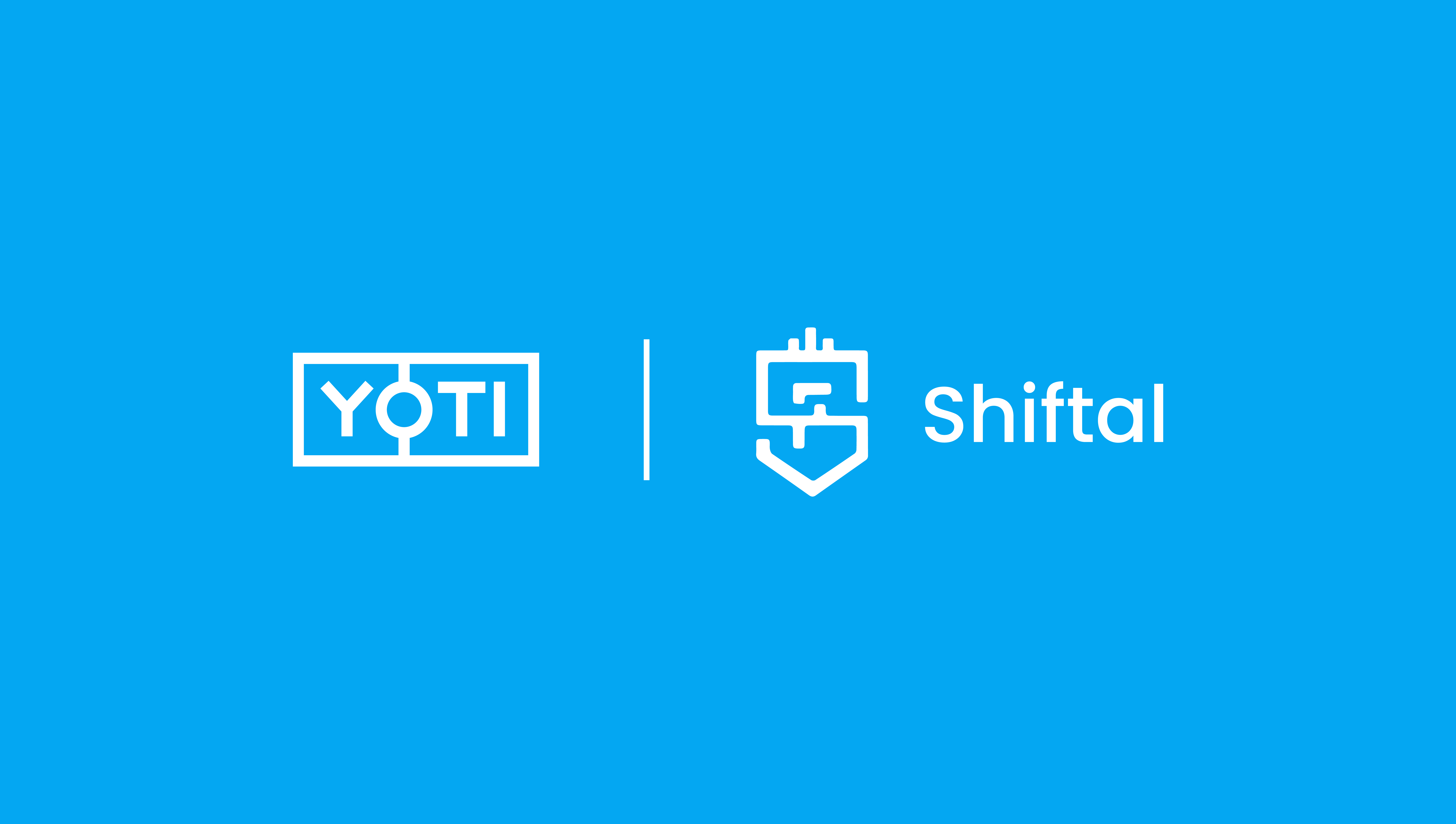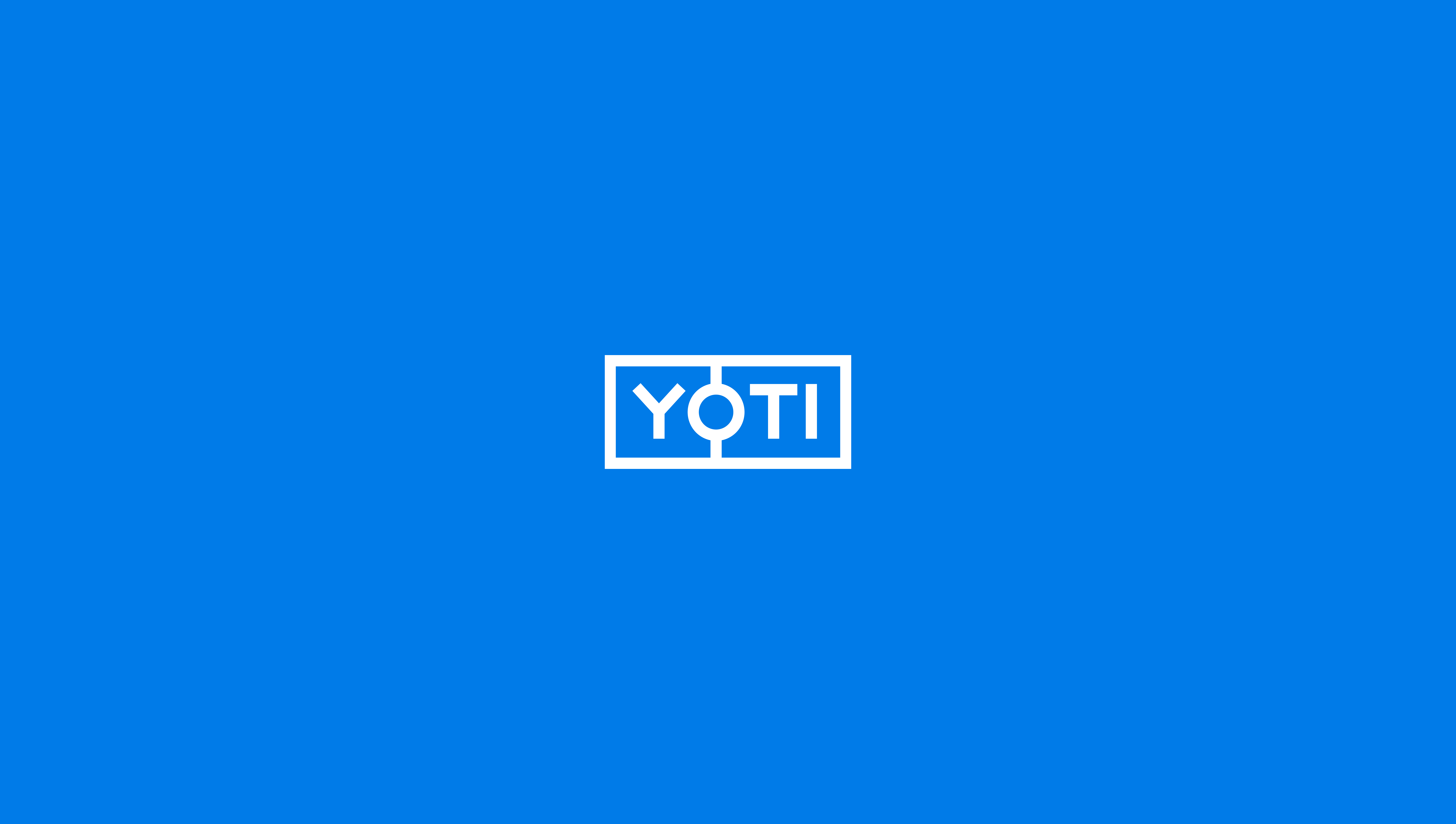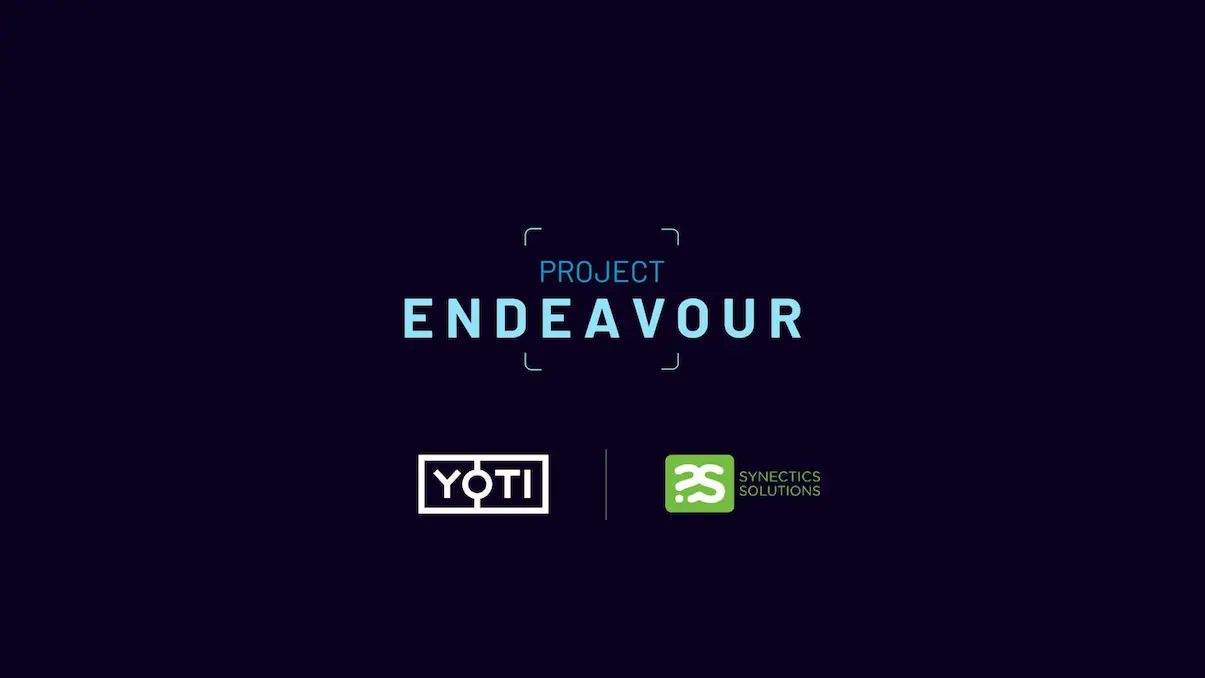German regulator FSM approves Yoti digital identities and age estimation for for online child protection in Germany
LONDON, 29/05/20 – In a world-first, age estimation and age verification from Yoti have been approved for age-restricted access and protection of young people in Germany. The German Association for Voluntary Self-Regulation of Digital Media Service Providers (FSM) evaluated Yoti’s facial age estimation technology (Yoti Age Scan) and the Yoti app for age verification and certified that both comply with the legal provisions of online child protection in Germany. Yoti Age Scan is an accurate age estimation technology that enables people that do not have an identity document to prove their age easily and securely. An individual uses the camera
No fuss teen-friendly tech for child trust fund holders
London, UK – 25th May 2020: Friendly society OneFamily is to use teen-friendly tech to make life easier for its 1.6 million child trust fund account holders, as their accounts mature from September this year. OneFamily holds around a quarter of the UK’s child trust funds. It will be working with digital identity platform Yoti to manage the secure identification of its young customers as they begin to take control of their accounts. Child trust funds were awarded to every child born between 1 September 2002 and 1 January 2011. On Tuesday 1 September 2020, the first recipients will be
100% accurate on-premise Covid-19 virus testing for £10 in 13-25 minutes
Secure FRANKD results shared using Yoti digital ID on phones LONDON – 15/05/20 – GeneMe, a leading biotech company based in Gdańsk, Poland has developed “FRANKD” – a fast, scalable and reliable mouth swab test for COVID-19 that is completed on-premises in on average 13-25 minutes with no laboratory involvement. The GeneMe FRANKD test has been independently analytically validated with 100% Sensitivity and 100% Specificity by Gdańsk University of Technology. FRANKD requires less time to produce a result than the gold-standard RT-PCR (Reverse Transcriptase Polymerase Chain Reaction) reference test recommended by the World Health Organization. With consent, results are
Indian cryptocurrency exchange Shiftal leverages yoti digital identities for secure KYC registration
LONDON – 14/05/20 – Indian cryptocurrency exchange, Shiftal, has partnered with digital ID and credential management company, Yoti, for identity verification. By harnessing Yoti’s digital identity app and Doc Scan solutions for automated and expedited KYC verification, Shiftal aims to provide a seamless KYC onboarding experience to its platform users. The traditional KYC process is beset with inefficiencies – it’s time-consuming, expensive, and susceptible to fraud attacks. According to Thomson Reuters, it takes 32 days to complete KYC checks on average. Additionally, large financial institutions spend somewhere between $900 million and $1.3 billion annually on compliance-related processes. The use of
Yoti develops global code of practice for a privacy-focused approach to sharing personal health data and Covid-19 credentials
Helps health clinics, pharmacies and hospitals verify identities and issue test results onto individuals phones LONDON – 05/05/20 Digital identity platform Yoti has developed a privacy focussed approach to sharing Covid-19 test credentials using biometrics and anti-spoofing technology. It is backed by a global Code of Practice that’s designed to protect individuals sharing verified health test results with organisations. The solution helps health organisations issue, update and revoke trusted health credentials onto an individual’s free Yoti app through the secure Yoti platform. This ensures the highest standards of health data management and transparency for those that have the authority
Yoti partners with Synectics Solutions to deliver digital identity and risk assessment platform for financial services
Synectics Solutions and Yoti announced the partnership pilot, called Project Endeavour, which will also be supported by intelligence from Dow Jones Risk Solutions and the regulatory and compliance division of Eversheds Sutherland – Konexo. Endeavour is anticipated to break new ground in helping financial services companies increase their ability to access a young and digitally savvy market segment via a third party digital marketplace. It will also reduce the cost and time it takes to digitally verify a potential customer’s identity and perform real-time due-diligence checks as part of a comprehensive eKYC risk assessment. The first stage of the pilot for






